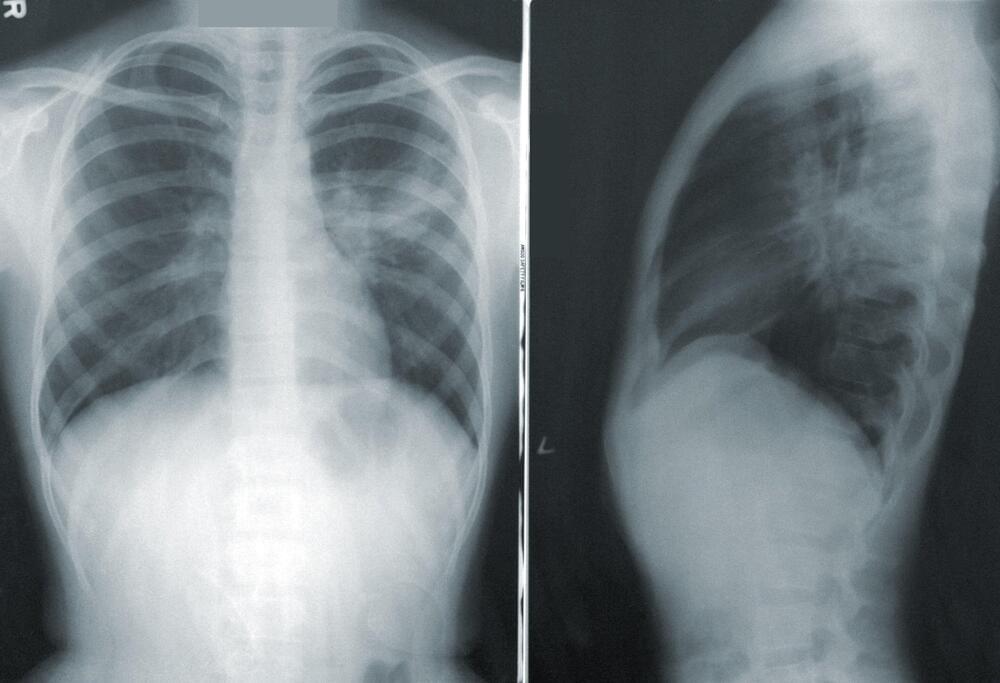The reason targeted treatment for non-small cell lung cancer fails to work for some patients, particularly those who have never smoked, has been discovered by researchers from UCL, the Francis Crick Institute and AstraZeneca.
The study, published in Nature Communications, shows that lung cancer cells with two particular genetic mutations are more likely to double their genome, which helps them to withstand treatment and develop resistance to it.
In the UK, lung cancer is the third most common type of cancer and the leading cause of cancer death. Around 85% of patients with lung cancer have non-small cell lung cancer (NSCLC), and this is the most common type found in patients who have never smoked. Considered separately, “never smoked” lung cancer is the fifth-most common cause of cancer death in the world.










Leave a reply